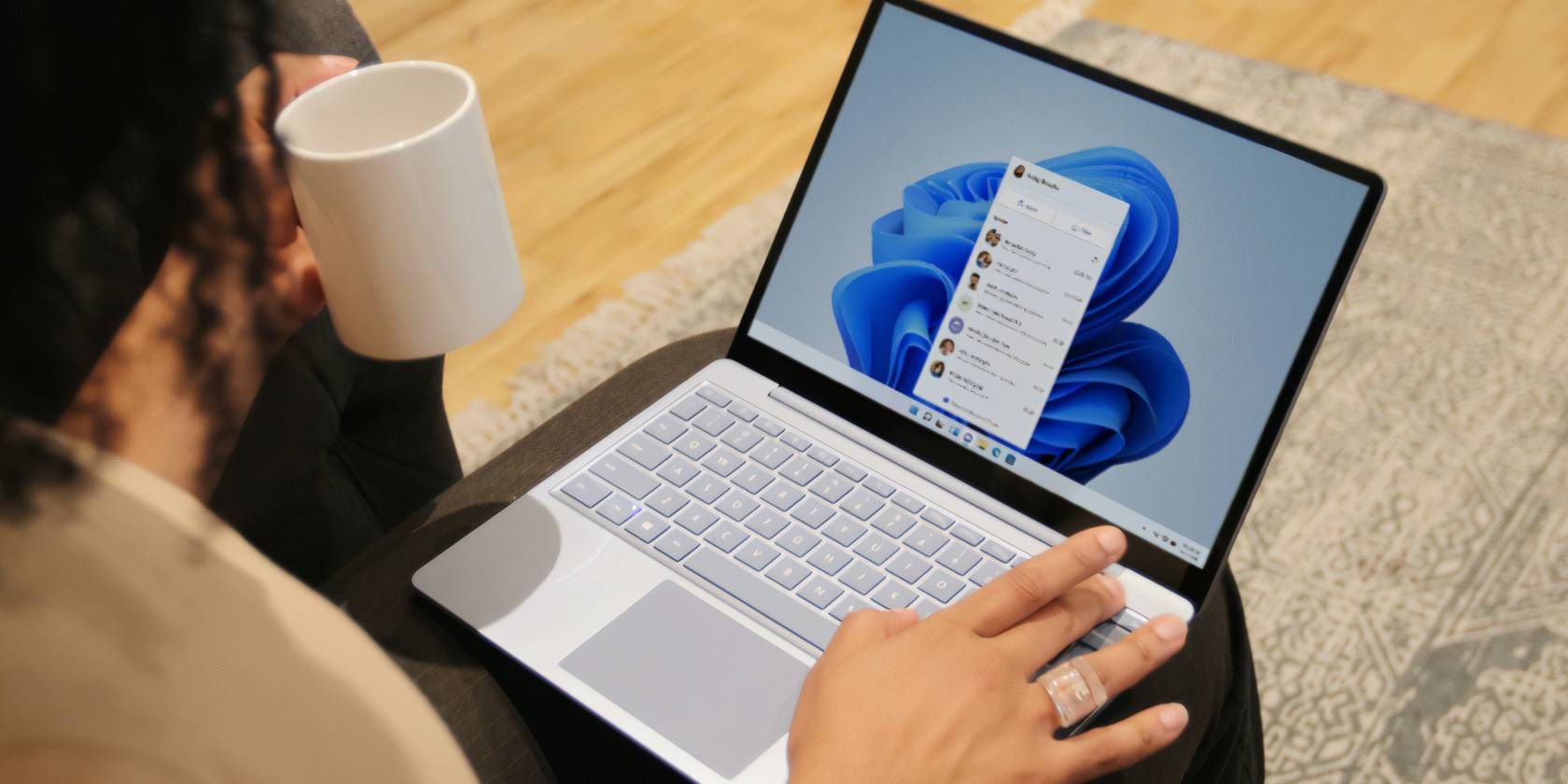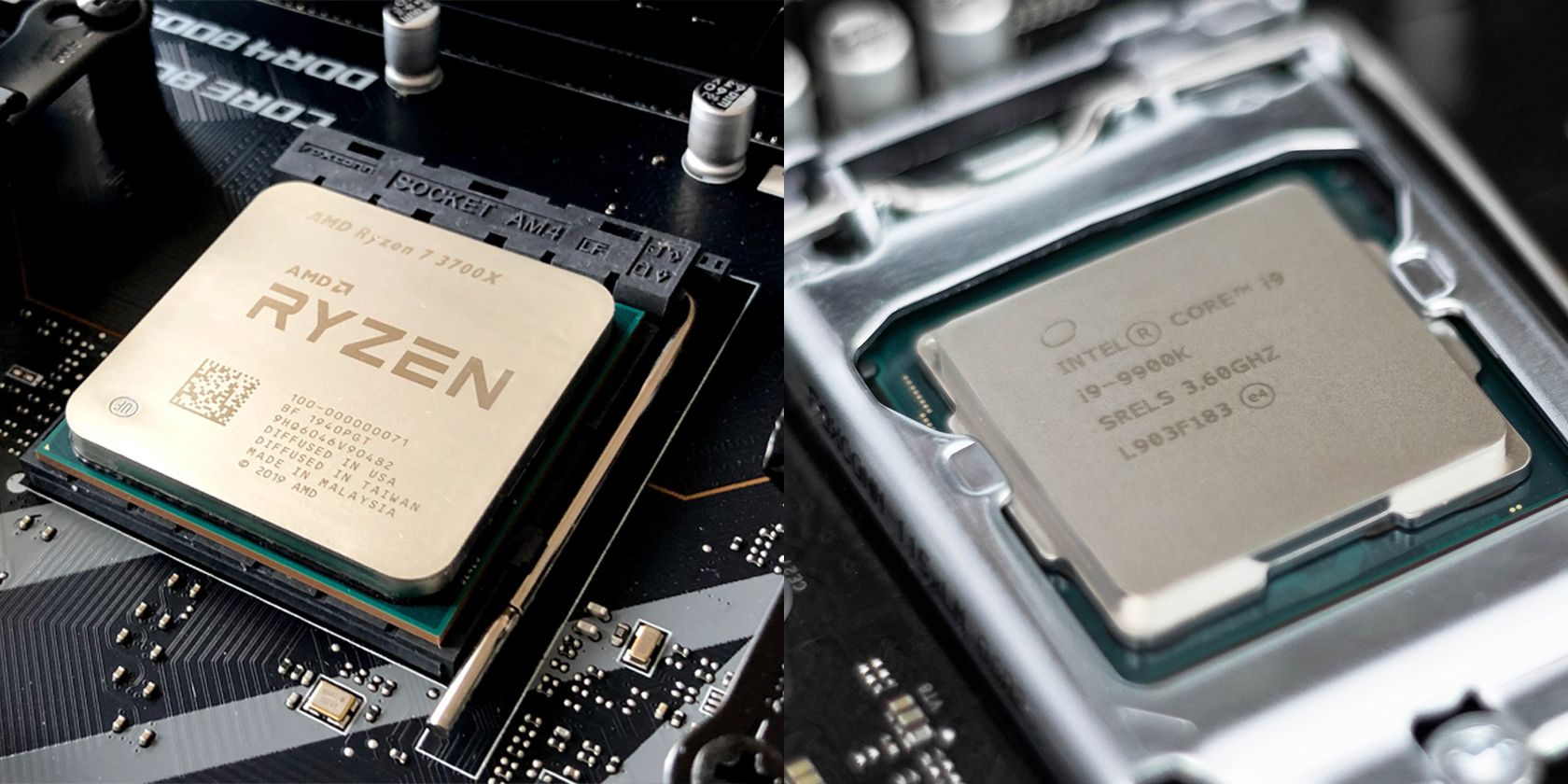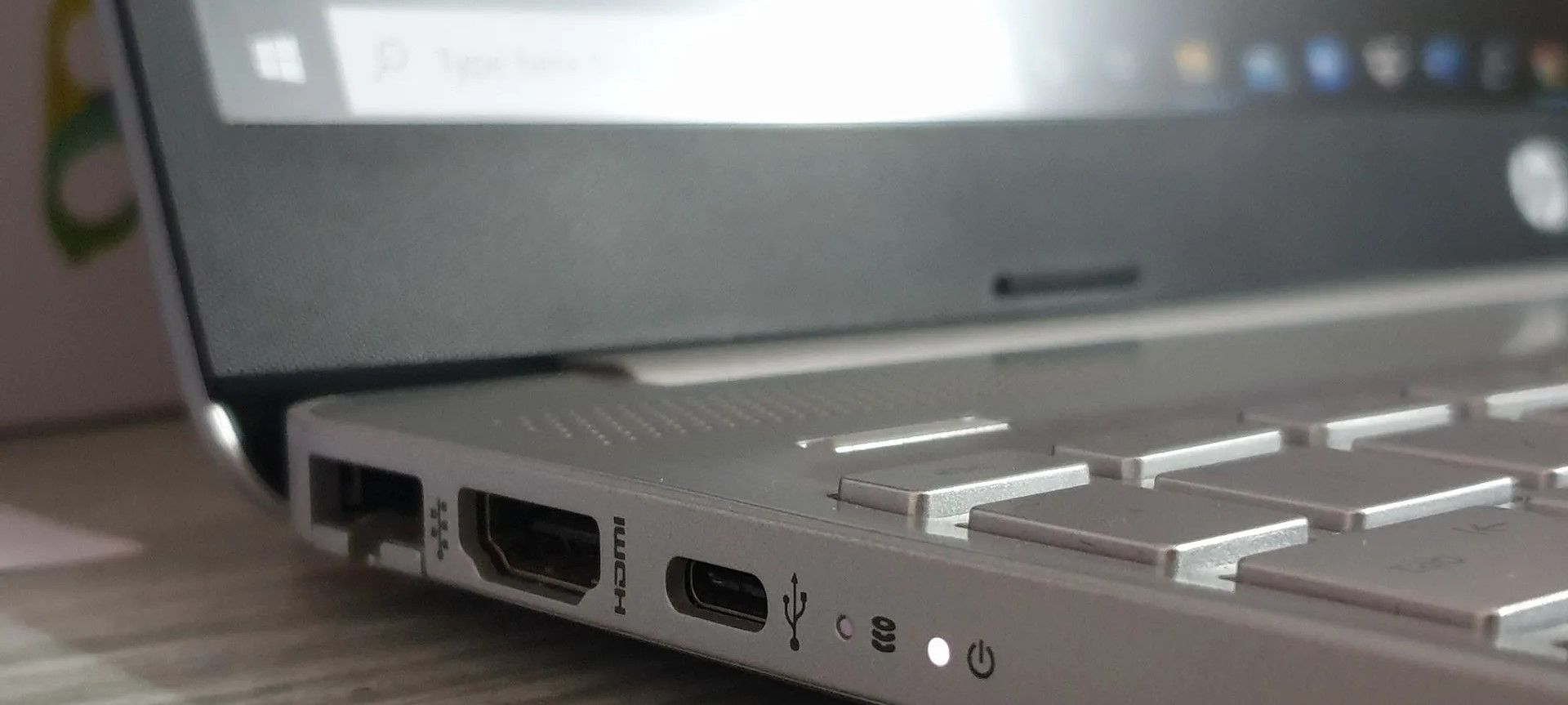
Top 7 Decisions: Your Roadmap to the Right Windows Device

Top 7 Decisions: Your Roadmap to the Right Windows Device
Due to the wide range of options available, choosing a Windows laptop can be challenging. However, if you clearly outline your requirements beforehand, it’s not quite that difficult. As you’re about to purchase a laptop that’ll be in your possession for a long time, it’s essential to consider all vital aspects to buy the right one.
To make it easier for you to define your needs and requirements, we’ve compiled a list of questions you should ask yourself while searching for the perfect Windows laptop.
1. How Much Do You Want to Spend on a Laptop?

Windows laptops come in a wide range of price points, some within the reach of those on a tight budget and others costing thousands of dollars. Having a budget in mind in advance will help you better filter the devices that are within your budget and meet your needs.
Therefore, before you start looking for a laptop, you should decide how much you can spend. Once that’s decided, move on to the next step.
2. What Do You Plan on Using Your Windows Laptop For?
Following the budget decision, ask yourself what you intend to use the laptop for. Do you want a laptop for your business, work, or school? Do you want a laptop for specific needs, such as gaming, graphic design, etc., or want to get yourself a multipurpose device you can use for many tasks?
Your purchase objective also impacts other factors you need to consider in the next steps, such as the device’s battery life, hardware specifications, how portable it should be, the brand you choose, etc. Therefore, carefully brainstorm your needs and determine what you plan to do with your laptop.
This step also decides which apps you’ll want on your PC on day one. For example, will your laptop be useless to you if it doesn’t have a word processor on it? If so, it might be worth looking into deals where Office is pre-installed, or comes with a few months of Office 365 bundled in with the cost.
A clear definition of your needs may eliminate the necessity to purchase a laptop if you see some reasons you may not need a laptop . Instead, you may opt for another device.
3. Which Hardware Specifications Are Most Important to You?

Once you’ve determined your purpose for buying a laptop, you should analyze how powerful its hardware should be to meet your needs. Is there a specific purpose you hope your laptop will serve? If that is the case, you may need to prioritize some hardware components over others for your system to run efficiently.
For instance, if you’re buying a gaming laptop or plan to do graphics-intensive work on it, be sure that the GPU is powerful enough to handle the workload. Likewise, buying a laptop for work or studies does not necessarily require a GPU but rather a more powerful RAM and processor. Based on that, list the specs your device needs to perform at its best.
Check our guides on what to consider when choosing a laptop as a programmer or student if you want to buy a device for these purposes.
4. How Long Do You Need the Laptop Battery to Last on a Single Charge?
Even the best laptop in the world cannot serve its purpose if its battery doesn’t last long and dies at the worst possible moment. Having taken into account the first three factors, you should ask yourself how long the laptop should last on a single charge so that you won’t have to recharge it frequently.
In cases where you cannot leave the device tethered to the power source for long, such as when traveling, you should aim for a device that can last an entire day on a single charge. In contrast, battery life shouldn’t be a concern if you plan to use the device mostly at your desk, such as at work or for gaming, where you can tether it every time you use it.
Nevertheless, ensure the battery lasts at least long enough to get you through a power outage or an outdoor excursion.
5. What Size and Weight of the Laptop Is Most Suitable for Your Needs?
Portability is another factor to consider when purchasing a laptop. The lighter and more compact a laptop is, the easier it will be to move around. In case you are always on the go carrying your laptop in your bag, you should get a lightweight and compact laptop that fits easily into your backpack.
Specific-purpose laptops, such as gaming machines, are usually heavier and have wider displays, making them bulkier and harder to move around. Therefore, considering the impact portability could have on how you use the laptop, consider the size and weight before locking your purchase.
6. Which Brand Should You Choose, and What Warranty Options Are Available?
Laptop brands cater to the needs of different audiences with their laptops. However, not all manufacturers specialize in every category; each one is known for making the best laptops for a particular purpose. For instance, Acer, Asus, MSI, and Gigabyte gaming laptops are given competitive advantages over their competitors.
Thus, based on what you need the laptop for, determine which brand specializes in designing laptops for that category and select the brand accordingly.
Besides that, you should consider how reliable the warranty options the brand offers are. By choosing a laptop with a good warranty, you can feel confident that your money is well spent, and you won’t have to deal with independent repair shops if your laptop breaks down. Ensure the laptop you buy has at least a year or two warranty.
7. What Type and Number of Ports Would You Need on Your Laptop?

Just like having a laptop that lasts long, comes from a reliable brand, is highly portable, and equips high-end hardware is essential, your device should have the ports you need. Ethernet, HDMI, and USB Type-C ports are some of the ports you definitely need on your laptop. So, if your use case requires these ports, choose a laptop that has them.
Obviously, you can always purchase external adapters to connect devices in ports your device does not support; however, that will add to the cost and take up space on your desk.
Mastering Your Windows Laptop Purchase
The decision to buy a laptop isn’t one you make every day. By now, you should better understand what to look for in a laptop that perfectly meets your needs. By listing your requirements after answering the above questions, you will be able to filter out the suitable device better and make a well-informed decision.
The purchase of a new laptop isn’t always a one-off purchase; in fact, you need to buy additional accessories to maximize its potential.
To make it easier for you to define your needs and requirements, we’ve compiled a list of questions you should ask yourself while searching for the perfect Windows laptop.
Also read:
- [New] In 2024, Aural Ascendancy Mastering Sound Integration on Reels
- [New] What Is the Best MP4 Cutter for YouTubers On Mac?
- [Updated] In 2024, Unlock Insta Reels' Potential with Proven TikTok Methods
- [Updated] The Kinemaster Edge Mastering Video Segmentation and Transitioning
- 2024 Approved Top-Tier External SSDs for Elevated Xbox Use
- Comprehensive Guide to Synchronized Recording: Sound + Screen (Max 156)
- Cutting-Edge Online Resources for Glittering 3D Typography
- Diagnosing and Repairing Win10/11 Audacity PAudio Malfunctions
- Disabling Quiet Operation of Your PC's Camera on WS11
- Discover Best 8 3D Realms with Glossy Text Effects
- How to Play Fortnite on Your iPhone Using GeForce Now
- In 2024, 10 Best Fake GPS Location Spoofers for Nubia Red Magic 8S Pro+ | Dr.fone
- Mastery Over Windows: Stifling Spontaneous Scrolls
- Navigating Through the Essentials of Streaming Tools
- Resolving Bluetooth Authenticate Pin Messages in Win11/Win10
- Tactics to Turn Off Microsoft's Win11 Firewall
- Tailoring the Menu: Customizing Win 11/10 for Rapid Uninstallation
- Unlocking Data Storage Insights with PowerShell on Windows OS
- Win11: Cure for Faulty AnyDesk Connection
- Title: Top 7 Decisions: Your Roadmap to the Right Windows Device
- Author: Richard
- Created at : 2024-12-22 16:40:50
- Updated at : 2024-12-27 21:45:20
- Link: https://win11-tips.techidaily.com/top-7-decisions-your-roadmap-to-the-right-windows-device/
- License: This work is licensed under CC BY-NC-SA 4.0.